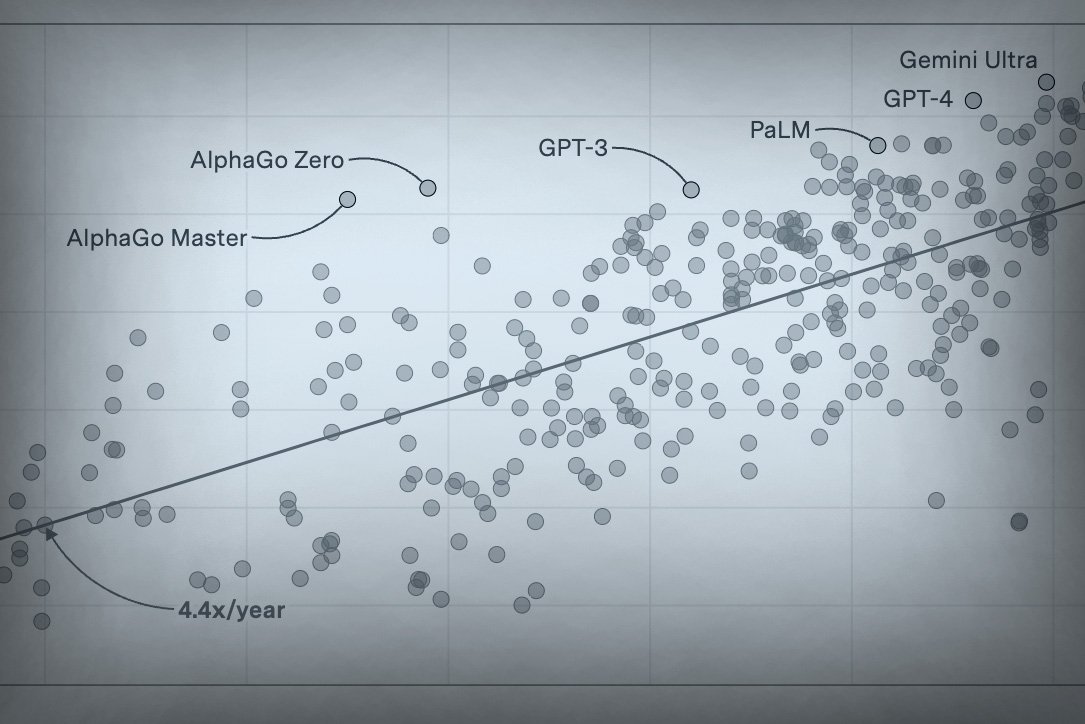-
Google
Removed previous commitment not to develop AI for use in warfare or surveillance
-
Google
Released a new version of their Frontier Safety Framework
-

OpenAI
Made substantial changes throughout the o1 system card. Did not announce these changes.
-
OpenAI
Adjusted the language on the o1 system card webpage, changing “o1” to “o1-preview.”
-
Microsoft
Removed Vice Chair and President Brad Smith’s byline from Microsoft’s 2023 White House commitment to advance safe and secure artificial intelligence.
-
Anthropic
Between December 16 and December 18, Anthropic changed the “last updated” date on their Responsible Disclosure Policy, with no apparent substantive changes to the text of the policy.
-

Scaling, Reasoning, and Unknown Unknowns
The past decade of progress in artificial intelligence has primarily been driven by scaling model training. That is to say, making AI models larger, training them for longer, and exposing them to more data produces oddly predictable returns to model performance. In recent years, there’s been much debate about whether scaling is “hitting a wall.”…
-
Cognition
Changed terms of service concerning use of user data. Did not announce or report that change was made.
-
Cohere
On November 21, Cohere released a complete rewrite of their usage policies.
Got any book recommendations?